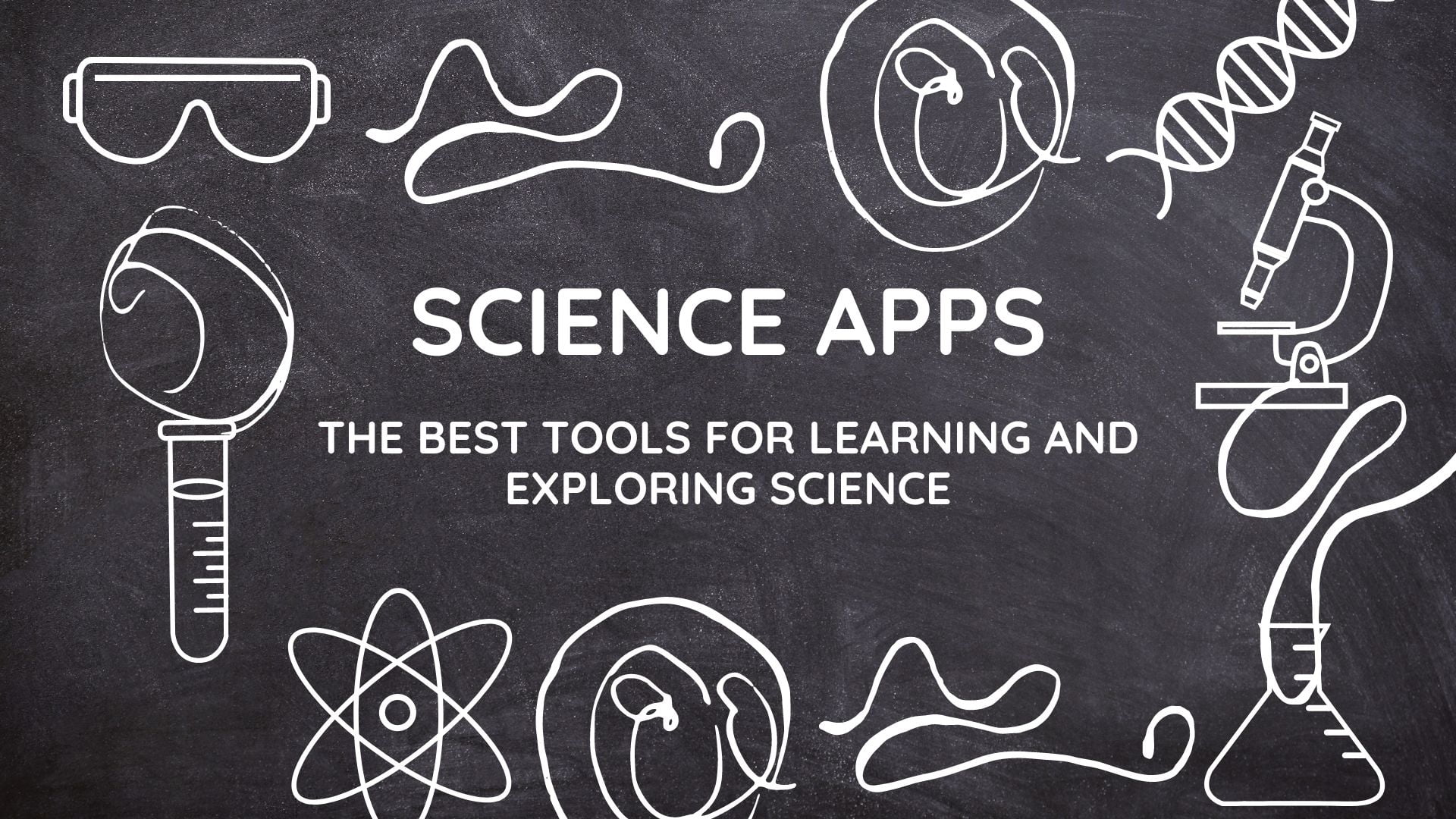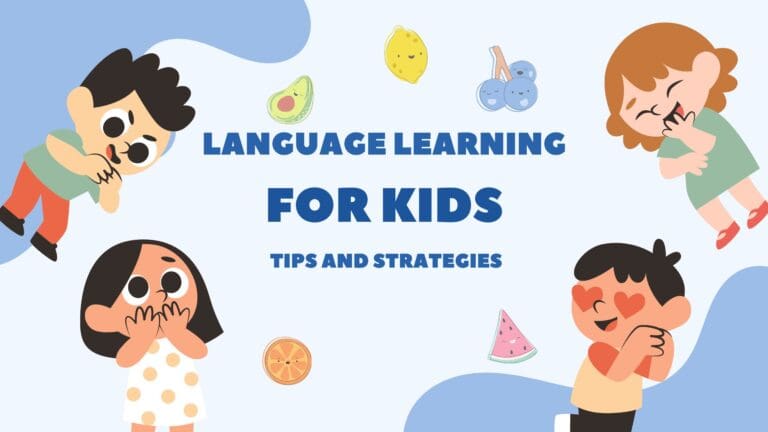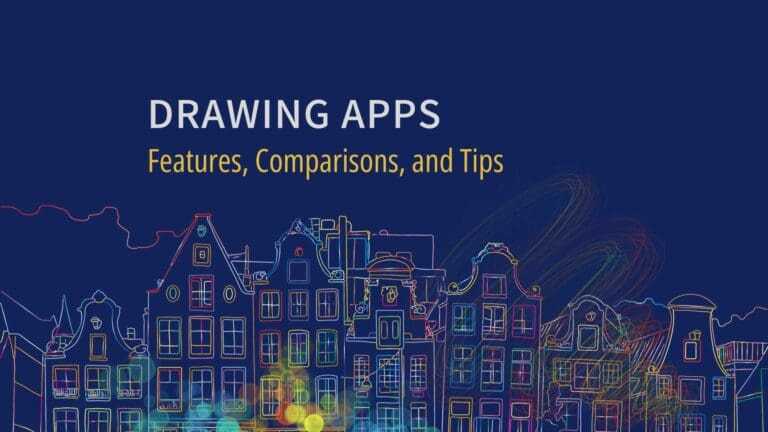Science Apps: The Best Tools for Learning and Exploring Science
Do you want to learn about the latest science apps that can help you explore the world of science? From physics and chemistry to biology and earth science, there are many apps available that can help you learn and experiment with a variety of scientific concepts. Whether you’re a student, a teacher, or simply someone who loves science, these apps can provide you with a fun and interactive way to explore the world around you.
One of the great things about science apps is that they can be used by people of all ages and skill levels. Whether you’re a beginner or an advanced user, there are apps that can help you learn and explore at your own pace. Many of these apps also offer interactive simulations that allow you to experiment with different scientific concepts and see the results in real-time.
If you’re interested in science and want to learn more about the latest apps available, then you’ve come to the right place. In this article, we’ll explore some of the best science apps available today and discuss how they can help you learn and explore the world of science. So, whether you’re interested in physics, chemistry, biology, or earth science, read on to discover some of the best science apps available today.
Benefits of Science Apps
Science apps have become increasingly popular in recent years, offering numerous benefits to users of all ages. These apps can be used for education, research, and exploration, providing a wealth of knowledge and information at your fingertips. In this section, we will explore the various benefits of science apps in more detail.
Education
Science apps are an excellent tool for education, providing an interactive and engaging way to learn about various scientific topics. With apps like Khan Academy, you can access a wide range of lessons and challenges covering everything from algebra to cosmology. These intuitive and user-friendly apps make them an ideal resource for students of all ages.
Research
Science apps can also be used for research, providing access to information and resources. Apps like WolframAlpha offer mathematical and scientific formulas, while apps like MyShake allow you to monitor seismic activity in real time. These apps are particularly useful for researchers and scientists who need to access data quickly and efficiently.
Exploration
Science apps can also be used for exploration, providing a fun and interactive way to learn about the world around you. Apps like Star Walk offer an augmented reality experience, allowing you to explore the night sky and learn about celestial objects like stars and planets. Other apps like Globe Observer let you contribute to scientific research by collecting cloud and land cover data.
In conclusion, science apps offer a wide range of benefits, including education, research, and exploration. With so many apps available, there is something for everyone, from students to researchers to casual learners. Whether you’re interested in astronomy, chemistry, or biology, there is a science app out there that can help you expand your knowledge and understanding of the world around you.

Top Science Apps
If you’re looking for science apps that can help you explore, learn, and discover, you’re in luck. Many great science apps are available today that can help you understand the world around you, from the smallest atoms to the largest stars. Here are some of the top science apps you should check out.
Star Walk 2
If you’re interested in astronomy and the night sky, Star Walk 2 is a must-have app. This app uses augmented reality to show you the stars, planets, and celestial objects in the sky above you. You can use it to identify stars, planets, and other objects, learn about their properties and characteristics, and even track the International Space Station (ISS) as it orbits the Earth.
Periodic Table
The Periodic Table app is an essential resource for chemistry students and anyone interested in the elements. This app provides an intuitive and interactive way to explore the elements, their properties, and their uses. You can use it to learn about the elements’ atomic structure, electron configuration, and more. The app also includes a quiz mode to help you test your knowledge.
NASA
The NASA app is a great resource for anyone interested in space exploration, science, and technology. You can use it to explore the latest NASA missions, watch videos, and learn about the latest discoveries and research. The app also includes a wealth of educational resources for teachers and students, including activities, lesson plans, and more.
Khan Academy
Khan Academy is a free educational app that provides lessons and resources on a wide range of subjects, including math, science, and engineering. You can use it to learn at your own pace, with interactive exercises and videos that make learning engaging and fun. The app also includes challenges and quizzes to help you test your knowledge.
MyShake
MyShake is a unique app that uses your smartphone’s sensors to detect and record seismic activity. You can use it to contribute to scientific research by sharing your observations of earthquakes and other seismic events. The app also includes educational resources on earthquakes and seismic activity.
EBird
eBird is a great app for bird watchers and anyone interested in ornithology. You can use it to record your bird sightings, share them with other bird watchers, and contribute to scientific research on bird populations and migration patterns. The app also includes cloud and land cover information to help you track bird movements.
Wolfram Alpha
Wolfram Alpha is a powerful app that provides answers to complex mathematical and scientific questions. You can use it to solve equations, explore formulas, and analyze data. The app also includes educational resources on a wide range of subjects, including astronomy, biology, chemistry, and more.
BrainPOP
BrainPOP is a fun and engaging app that provides educational resources on a wide range of subjects, including science, math, and social studies. You can use it to watch videos, play games, and take quizzes to learn about topics like the human body, energy, cells, and more. The app is designed for kids and provides a great way to learn and explore.
By using these science apps, you can help your kids learn about science in a fun and interactive way. Whether they are interested in astronomy, biology, or physics, there is an app out there that can help them explore and discover new things.
In conclusion, these are just a few of the many science apps available for teachers. Using these apps in your classroom can help your students learn more effectively and stay engaged with the material. Whether you are teaching biology, chemistry, physics, or another science subject, there is an app out there that can help you teach it more effectively.
FAQ
What app can help with science?
There are many apps that can help you with science. Some of the best science apps include:
- Khan Academy: This app provides free video lessons on a variety of science topics, from biology to physics to chemistry.
- NASA: This app provides access to the latest news and information from NASA, including images from space and updates on space missions.
What is the best app for science information?
The best app for science information depends on your needs. Some great options include:
- Science News: This app provides the latest news and information on scientific discoveries and breakthroughs.
- TED Talks: This app features a variety of talks on science and technology from experts in their fields.
- National Geographic: This app provides access to articles, photos, and videos on a variety of science topics, from animals to space.
What apps help with science homework?
If you need help with science homework, there are several apps that can assist you:
- Photomath: This app uses your phone’s camera to scan math problems and provides step-by-step solutions.
- Quizlet: This app allows you to create flashcards and study guides for science topics, from biology to physics to chemistry.
- Socratic: This app uses AI technology to help you solve science problems and provides explanations for each step.
What is science for kids?
Science for kids is a way to introduce children to scientific concepts in a fun and engaging way. There are many apps that can help with this, including:
- Science360: This app provides access to videos and images on a variety of science topics, from animals to space.
- Toca Lab: This app allows kids to experiment with different elements and learn about chemistry in a fun and interactive way.
- The Human Body: This app provides a 3D human body model and allows kids to explore different systems and organs.
How can I have fun with science?
There are many ways to have fun with science, including:
- Science experiments: You can find many science experiments online that use common household items to teach scientific concepts.
- Science museums: Visiting a science museum is a great way to learn about science and have fun at the same time.
- Science games: There are many science games available online that can help you learn about scientific concepts in a fun and engaging way.







